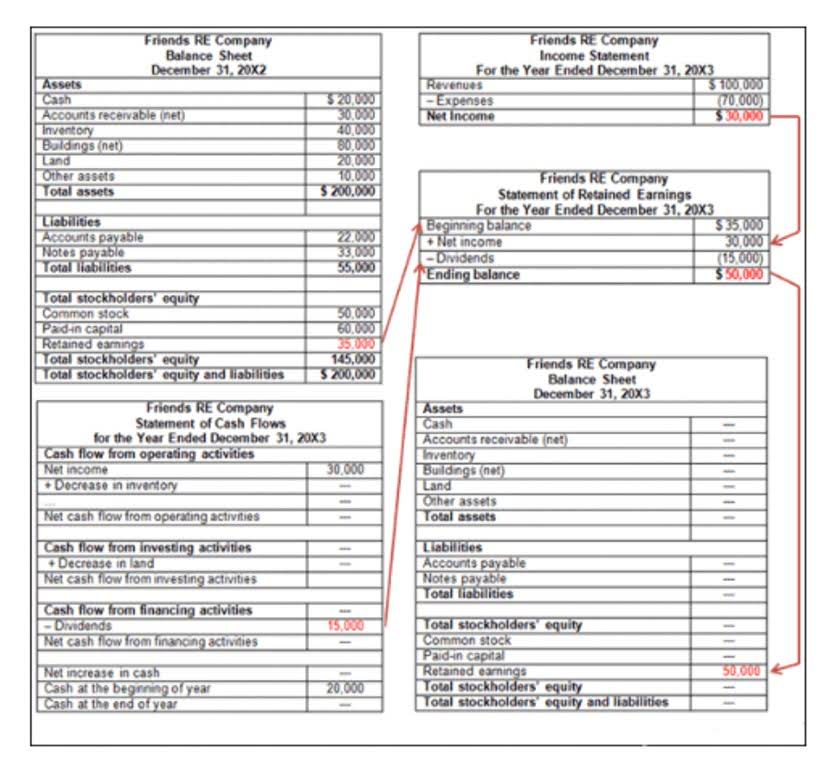If an organization is using off the shelf accounting software, such as QuickBooks for Nonprofits, it is likely more audit findings will be reportable. The SAS clarifies that the significance of a control deficiency is dependent on the potential for a misstatement, not whether a misstatement actually occurred. All of this translates into increased audit fees, the potential for negative reports in your audit and the risk of losing funding from your funding sources. An accounting professional examines financial statements to determine whether they conform to accounting standards. However, even if your nonprofit isn’t required to undergo an audit, it can still be worthwhile to conduct one to get a better understanding of your organization’s financial situation.
When should a nonprofit start having audits?
- One major misconception is that a financial review is insufficient for nonprofit transparency.
- Nonprofits should prioritize recommendations based on their potential impact on operations or risk mitigation.
- The size of the organization and the complexity of its financial transactions are the primary factors that affect the cost and time of an audit engagement.
- You might find better ways to do your financial reporting or identify valuable cost savings.
- These requirements, governed by accounting standards and regulations, ensure financial information is presented accurately.
- After you’ve received the grant, foundations may also ask for financial reports that show how the funds were used.
Despite the availability of financial reviews as an option, many nonprofit boards immediately assume they need an audit. This assumption often stems from a lack of understanding of what a review entails or an ingrained belief that audits are inherently more credible. And while it’s certainly true that audits do offer a higher level of scrutiny, it’s not always necessary for organizations to obtain one. Larger and more complex nonprofits may opt for financial reviews due to heightened public scrutiny and the need to provide stakeholders with a higher level of assurance regarding financial integrity.
Independent Audit vs. IRS Audit: What Is the Difference?
Revenue from membership dues and program service fees often involves delivering specific benefits or services. This revenue must be recognized over the period in which these services are provided, aligning with the accrual accounting principle. Robust accounting systems are essential for tracking and allocating these revenues accurately. We can help you decide whether a financial audit is the next right step for your organization, and we also offer audit preparation assistance to help you get ready for regulatory audits. Nonprofit audits are an important part of ensuring that your organization is operating efficiently and effectively.
Provide an RFP
Reviews, on the other hand, are generally more affordable and faster to complete. The trade-off is that audits offer the highest level of assurance, while reviews provide only a limited amount. Many nonprofit boards immediately assume that an audit is necessary without fully considering a review — which in many cases will provide the appropriate level of assurance. Understanding the differences between these two financial examinations, their respective benefits and the circumstances under which each is appropriate can help nonprofits make informed decisions. This checklist covers cash management, expense approval processes, segregation of duties, financial reporting procedures, budgeting practices, and internal audit mechanisms. A financial audit by an independent CPA is performed methodically and according to rigorous criteria.
Need Help Preparing for a Nonprofit Audit?
While some nonprofits choose to or are required to get an audit, not all nonprofits need to. CPAs also offer other options for financial services that nonprofits can and often should consider before jumping straight into an audit. Before issuing the final audit report, the auditors will issue a draft of the audited financial statements and any necessary audit adjustments. You should meticulously review each proposed reclassification or adjustment to ensure they are reasonable and accurate.
Often, it’s a member of your audit committee or board of directors who prepares and issues the RFP. We recommend having someone review it who’s knowledgeable of your organization’s financial processes and requirements before you The Key Benefits of Accounting Services for Nonprofit Organizations send it to accounting firms. This will help ensure that terminology is correct, your scope of services is accurate and that you are asking for the correct level of assurance (audit vs review).
- The primary goal of an audit is to provide an objective evaluation of an organization’s financial health, offering assurance to stakeholders that the financial information is reliable and trustworthy.
- This collaborative approach fosters a positive working relationship and ensures that auditors have everything they need to conduct a thorough review.
- If you can’t find “nonprofit auditing” on a firm’s website, then chances are good that they aren’t specialists (meaning they might not be up to speed with the latest nonprofit accounting and auditing rules).
- Not only does a well-organized audit process add weight to your standing with supporters, it’s also excellent practice for good financial management and ensuring regulatory compliance.
A compilation is the cheapest option and can help highlight issues with how financial data is currently organized. A compilation provides no assurance or analysis of the numbers themselves beyond whether they all add up correctly. A review points out issues with an organization’s finances and management’s response to those issues, without offering additional opinions, solutions, or comments. A review might therefore be helpful in pointing out issues before heading into an audit, if a nonprofit hasn’t previously had an https://nerdbot.com/2025/06/10/the-key-benefits-of-accounting-services-for-nonprofit-organizations/ audit. A nonprofit might also consider getting a review one year and an audit the next if an audit is too expensive to maintain on a yearly basis. Before we jump into the specific items to prepare, let’s look at the timeline for preparing for a nonprofit audit.
Federal Funding FAQ’s
The audit is free of consultation with the IRS and devoted solely to evaluating internal controls and documentary accuracy. In the end, this accountant submits an audit report that details the investigative findings such as areas of strength, improvement, weakness, and danger. This article will discuss financial statement audits for nonprofit organizations. We won’t deal with other types of nonprofit audits, like compliance audits or governmental audits, which can differ in certain respects.
Check Client References and Online Reviews
The Financial Accounting Standards Board (FASB) principles require auditors to issue a report to the board of directors, presenting a professional opinion about the nonprofit’s financial practices. It will determine whether the audited financial statements represent the financial position of the organization without inaccuracies or material misrepresentations. A nonprofit audit is an independent examination of audited financial statements and records to ensure compliance. An audit can also provide insight into the organization’s financial health and help identify areas of improvement. A nonprofit audit is an independent examination of an organization’s financial statements and related operations to ensure accuracy, reliability, and compliance with regulations and accounting standards.








